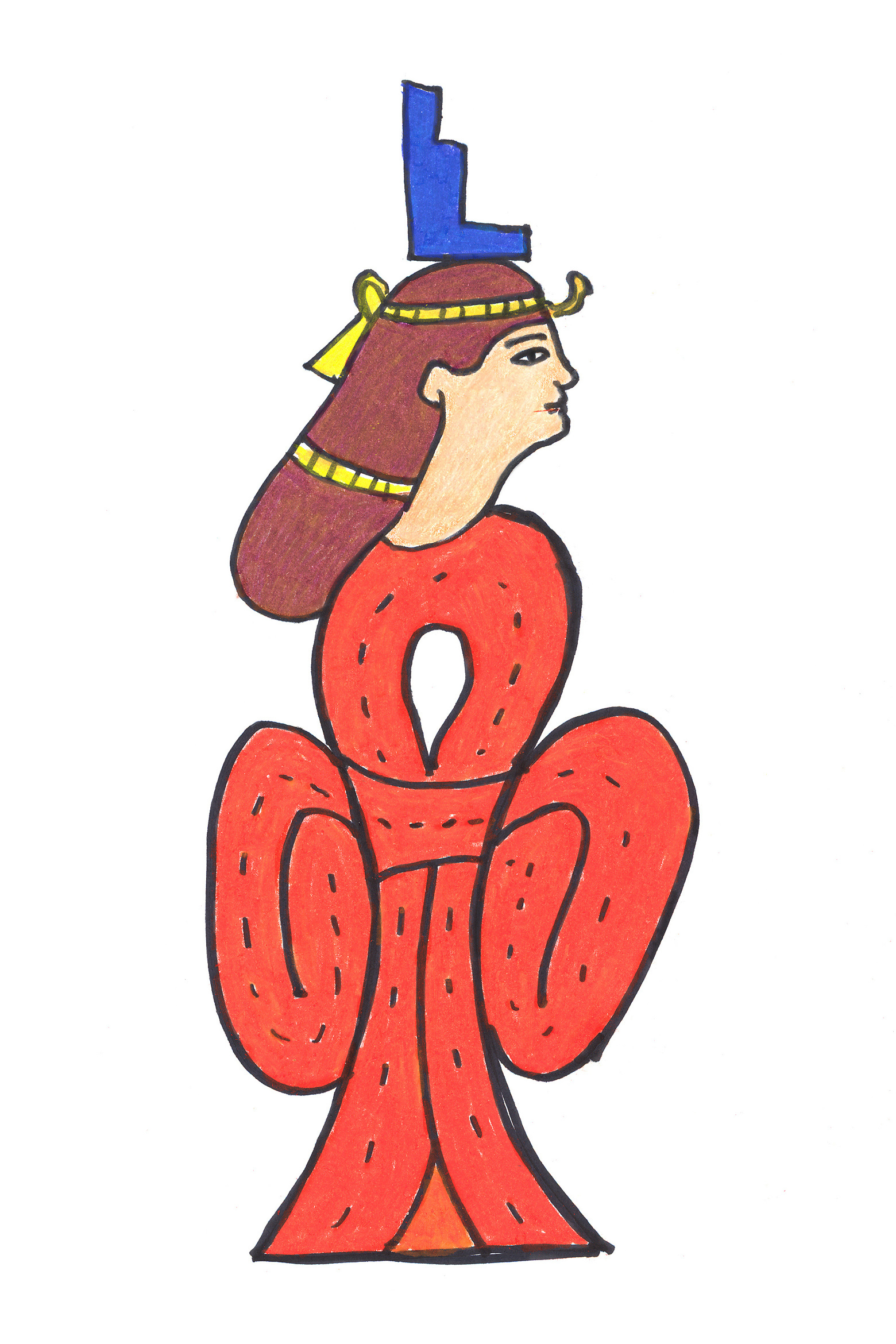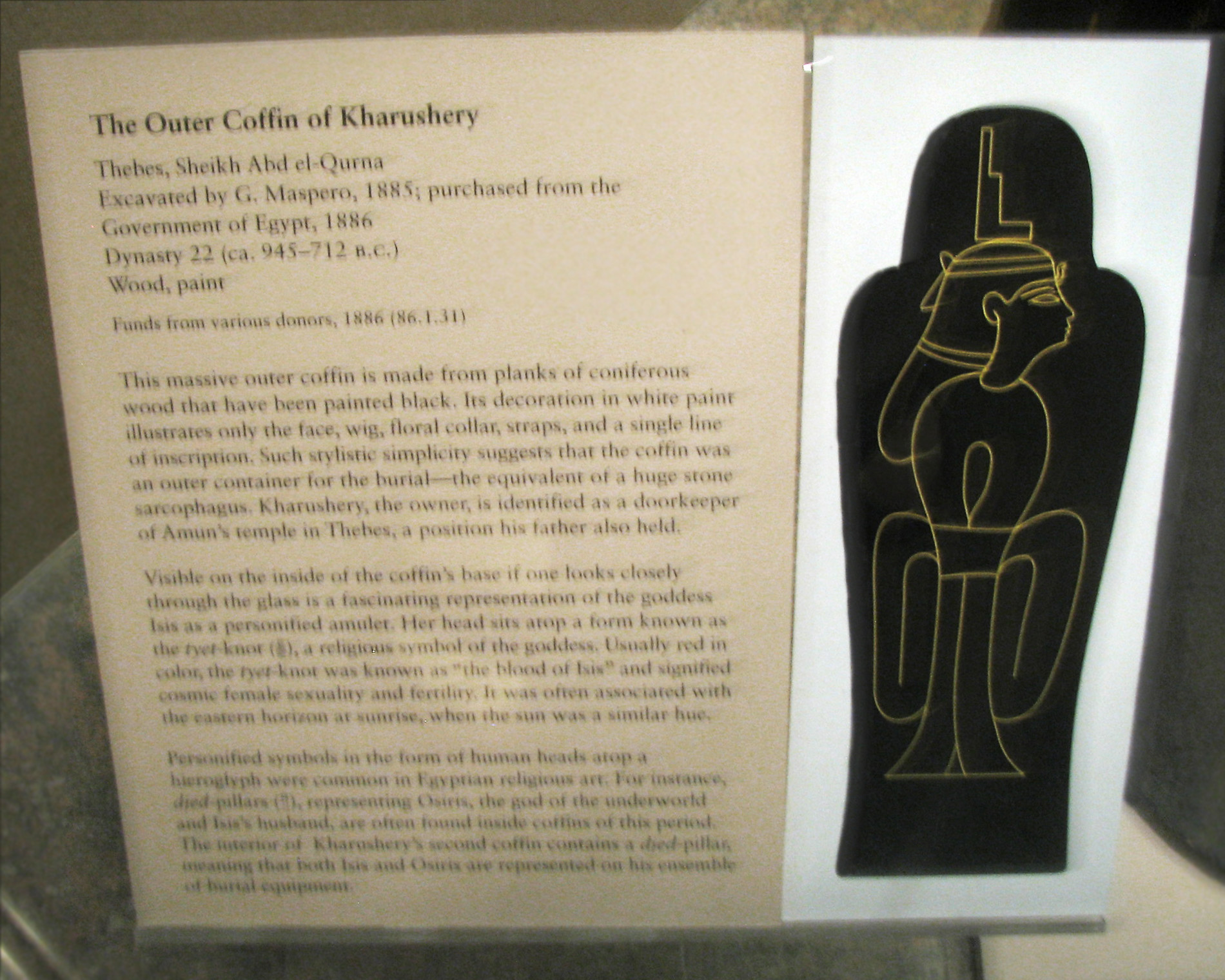|
There's been a big discussion about Ma'at on the interwebz.
Jan Assmann, who wrote _The Mind of Egypt: History and Meaning in the Time of the Pharaohs_, speaks of Ma'at as "Connective Justice".
"Sat-Ma'at" gave a link to a German page about
Ma'at,(which no longer exists, as of November 2017). Google browser translates the three opponents of "truth-justice" as "inertia, mental numbness and greed." (Trägheit, mentale Taubheit,
Habgier). To my way of thinking, it is the process of transformative evolution (aka 'Xeper' or 'Kheper') that wakes us up from this numbness and inertia.
We begin to have new understandings of what is in our self interest. We realize the life of the greedy acquisitive is not very soul satisfying. There's a general
pagan dislike of Assmann because he uses the word 'salvation' so much. And yet, what is this thing that brings redemption? Willed conscious evolution?
I had new appreciation for a song I'd long hated when we saw "Amazing Grace", the movie about the slavery
abolitionist William Wilberforce. The man who had written that song urged Wilberforce to take up the battle against slavery. As I'd said after seeing the movie:
"The movie is excellent. It is thrilling and uplifting, the kind of thing I like in a movie. I'm glad to know the history behind a song I formerly hated. The words
"a wretch like me" still make me cringe. But it is really a story of transformation, as the songwriter had been captain of a slave ship for many years,
and then had an awakening, "Was blind, but now I see." Having become conscious of the immense cruelity he'd enabled, he quit the ship and began a different
life. Thus it was he was able to inspire Wilberforce to bring forth the many changes that brought about a much better England."
Wikipedia gives information about the songwriter:
"'Amazing Grace' is a Christian hymn with words written by the English poet and clergyman John Newton (1725–1807), published in 1779. Containing a message
that forgiveness and redemption are possible regardless of sins committed and that the soul can be delivered from despair through the mercy of God, "Amazing
Grace" is one of the most recognizable songs in the English-speaking world.
"Newton wrote the words from personal experience. He grew up without any particular religious conviction, but his life's path was formed by a variety of twists
and coincidences that were often put into motion by his recalcitrant insubordination. He was pressed (forced into service involuntarily) into the Royal Navy, and
after leaving the service became involved in the Atlantic slave trade. In 1748, a violent storm battered his vessel so severely that he called out to God for mercy,
a moment that marked his spiritual conversion. However, he continued his slave trading career until 1754 or 1755, when he ended his seafaring altogether and
began studying Christian theology."
Yes, Newton underwent a process of transformation, and so it is 'Kheper', but is it 'Xeper' (the WILLED variety of transformation)? Did Newton consciously choose
to have this epiphany? Or did it come upon him unbidden? Is the storm, (interesting to note here that storms are under the provence of the Egyptian god
Set) which caused him to call out for mercy, the initial causative agent in Newton's process of transformation? His act of calling out to the gods for mercy no
doubt started the process.
And perhaps this is coming together of the LHP and RHP (left hand path and right hand path), of what is under the domain of our will, and what is under the domain of forces beyond our control.
The process of transformation occurs under both influences. And yet the realm of choice, how we choose to react to the things beyond our control, always remains with us. If, as the more god-oriented might choose to believe, the netjer Set came calling the day of Newton's storm, the choice still remained with Newton. He could have still remained mentally numb. But the storm shook him to the very core. He could no longer be numb. And thus began his process.
|


